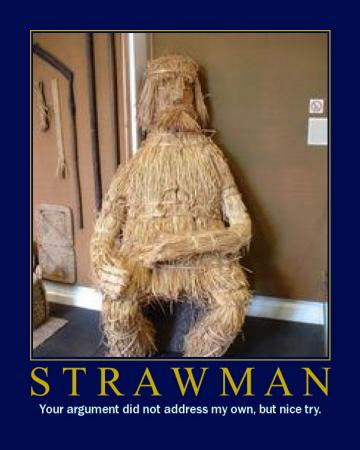Book Review: How To Read A Book
So, this review has actually been a long time coming (we're talking years). I have been hearing of the benefits of reading this book to my own efforts in reading for well over a decade (thanks to Ken Samples of Reasons to Believe). Its been on my bookshelf for a while, but I have only recently taken the time to find out for myself. "How To Read A Book" by Mortimer Adler and Charles Van Doren is a great resource to take your reading comprehension and interaction to the next level, truly make books your own, and expand your knowledge. The basic ideas that I have gleaned over the years have been helpful, but seeing the level of activity required in analytical reading (its not just passive) and the reasoning behind the need to be so active has been further enlightening. Today, I want to take you through same basic points, give you some quotes, and finally recommend the book (don't wait years, like I did).




